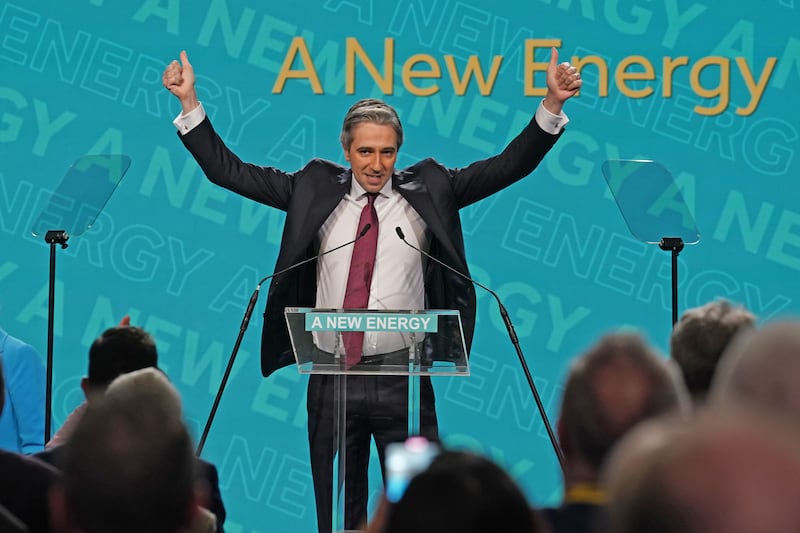THE collapse of the power-sharing administration is not the first major crisis to face the institutions set up by the Good Friday Agreement but it is certainly a grave setback to the work that has gone into making Northern Ireland a stable, peaceful, normal society.
Martin McGuinness's resignation on Monday showed Sinn Féin had run out of patience with their DUP partners in government.
The Renewable Heat Incentive scandal was one scandal too many, just as the unnecessary decision to cut a small Irish language bursary was one slap too far for those looking for signs that the DUP under Arlene Foster had a genuine commitment to equality and mutual respect.
No one can doubt Mr McGuinness's commitment to trying to make partnership with the DUP work.
But there was a growing feeling that his attempts to reach out, his gestures of reconciliation, were not being reciprocated or fully appreciated.
It now looks likely there will be an election, possibly in March.
However, it is what happens following this poll that will be the particular focus of both the British and Irish governments as well as the wider electorate in the north.
Mr McGuinness has insisted there will be `no return to the status quo,' which means we are in for a period of protracted negotiations with no timetable for the restoration of devolved government.
It is a state of limbo we have been in before but it is disappointing that our structures are not robust enough to provide the sort of stable, continuous government which is the hallmark of other democratic jurisdictions.
While the political parties will be in election mode, it must be remembered that we have serious issues that require urgent attention.
We still have no budget in place, or agreed strategy on dealing with Brexit.
And we have no agreement on investigating RHI or dealing with the appalling costs associated with that botched scheme.
In the coming weeks and months we need to see greater engagement from the Irish government, which is a co-guarantor of the Good Friday Agreement.
Mrs Foster and her party also need to reflect on their role in this collapse. The RHI fiasco brought this crisis to a head but there were already problems over funding legacy inquests, attitudes towards the Irish language and lingering dismay over Nama and Red Sky.
As we can now see, the Fresh Start agreement turned out to be a mirage.
So now we step into the unknown. At this stage we do not even know if a visibly unwell Martin McGuinness, a steadying influence of the past ten years, will be part of the next assembly.
If he decides not to run then Sinn Féin will also be facing a period of uncertainty.







